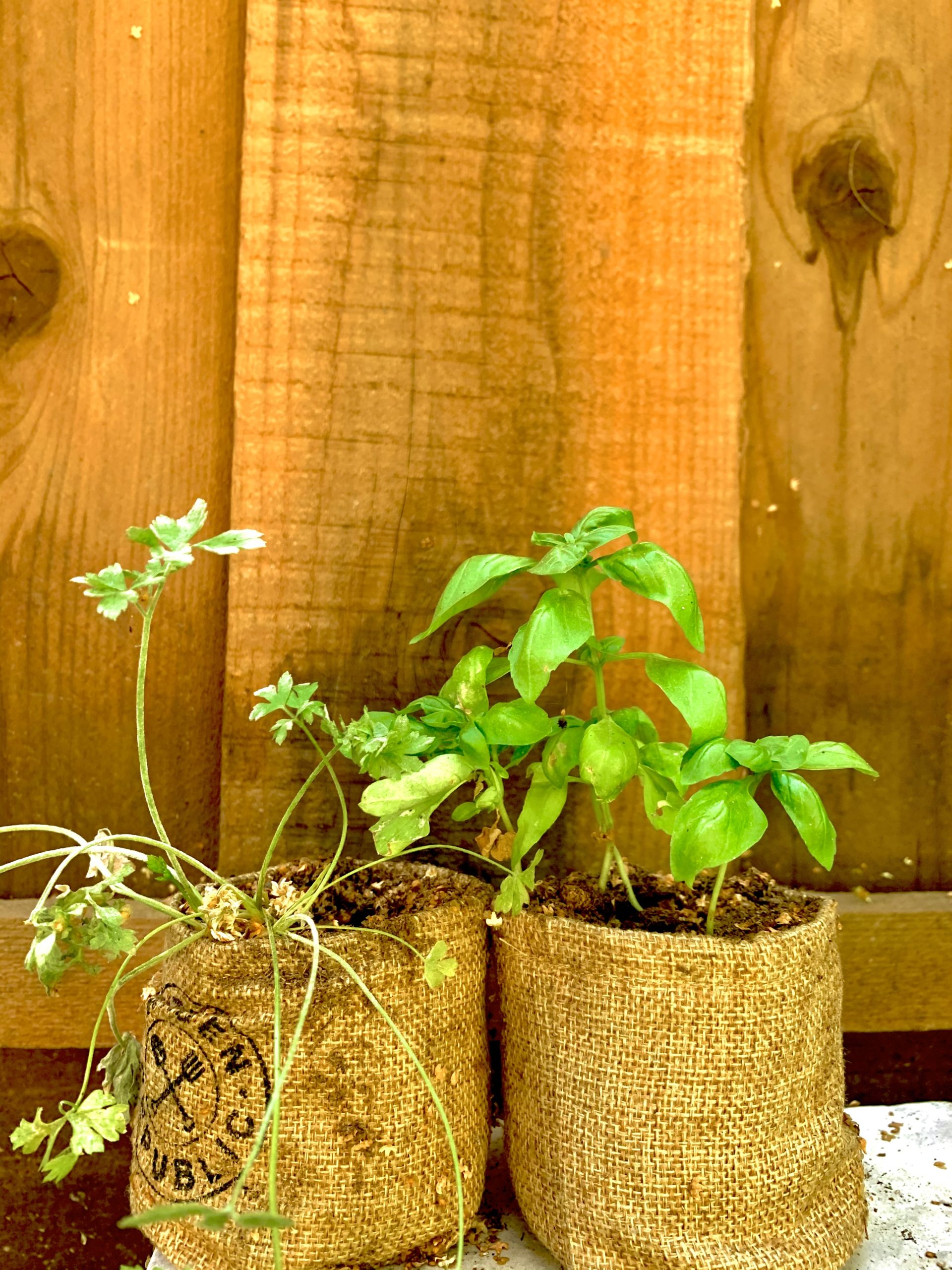My family is not known to be nurturing. We don’t own pets (the last time was eight years ago, and they were fish that died within a mere few months), and shriveled brown plants litter our house. My parents nourish their children, but they block all other caregiving opportunities. I suppose we are selfish, too consumed by our own complexes to bother with something else.
So, of course, the next time we introduced plants into the house would be for a selfish reason. It was a few weeks into the pandemic, and I resolved to create new hobbies. I tried knitting, but that led to woolen messes and snapped needles. A friend then told me that gardening soothed and sharpened your concentration (which is actually true). So, on a whim, I ordered a couple succulents and a gardening pack of seeds and soil. I didn’t bother with fertilizer or any other technical tool. This was for me, not the plants.
The succulents were lush when they arrived. They were bulges of red and pink flowers, with thick stems hidden underneath. Their smell was powdery, sweet and subtle. You had to press your nose in and inhale the flowers to taste the fragrance. They were easy to love, promiscuous in their beauty. I rotated the pastel pots every few days so that all the flowers could absorb sunlight, and I kept the soil perfectly moist. They rewarded me by being mine, so beautifully.
The herb gardening pack came with dense pans of dark soil and flimsy packets of seeds. I soaked the pans in hot water, then groped the remaining sludge and threw it into pots (which were beige, made out of potato bag fabric). I then stuffed small seeds into the mud, hoping they would grow in a few weeks. The process was grubby, lodging soil underneath my fingertips — nothing to love. And after those dirty 15 minutes, I abandoned the soil to the dry California sun. I would only start caring if I saw something green.
As the flowers dried on my succulents, turning brittle and gray, green leaves sprouted from my sludge. It was the basil first, then the cilantro, parsley and thyme. The basil was my favorite, delicate yet potent in its smell. I started tearing off basil leaves (then cilantro, parsley and thyme) and throwing them into my cooking pot, whatever I was making. My plants were in my mushroom sauce, broccoli soup, tomato cacciatore.
Meanwhile, my succulents had no utility, and their beauty was waning. The flowers were only live during autumn and spring, wilting in summer. I stopped watering them often, thinning their once-thick stems and browning their once-evergreen leaves. I would remember occasionally, sticking my finger in the parched soil and issuing a cup of watery deliverance. It was enough to sustain, but not to enliven. The powdery debutante phase was over, leaving some ugly and weakening plants.
My herbs also started to fade. In my cooking flurry, I had neglected to water them. My brother started doing it to sustain the plants, but again, not enough to enliven. My thyme and parsley died an ultimate death, decaying into brown carcasses. My basil and cilantro hung on the cusp of a similar demise. I knew I had committed a terrible mistake, disappointing the parental obligations of a plant owner.
To save my remaining plants, I had to establish an equilibrium, satisfying both the plants’ needs and my selfish ones. I now water regularly, and ensure proper sunlight. I arrange the succulents near my desk, their calming greenery unobscured by flowers. I tear off basil and cilantro leaves selectively, to preserve the plants’ structural integrity. I am a tactful caregiver.
This activity may seem inconsequential to those who own pets or hoard houseplants, but it changed my family. My parents bought plants after me, and underwent the same arc (incessant care, complete disregard, then equilibrium). We discarded our old shriveled plants and populated the house with the color of life: bright green. And when I feel overwhelmed, I look at that green and feel accomplished.
Contact Diana Piper at dianapiper ‘at’ gmail.com.
